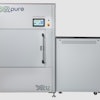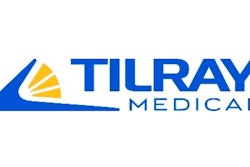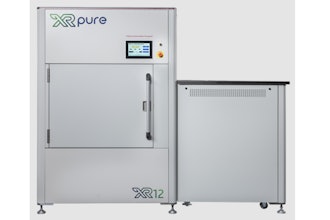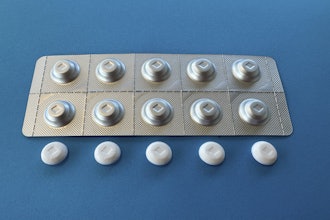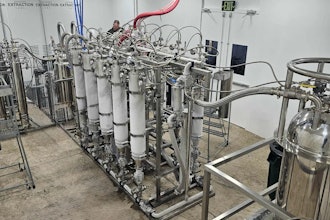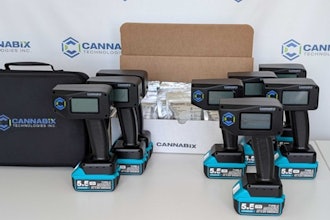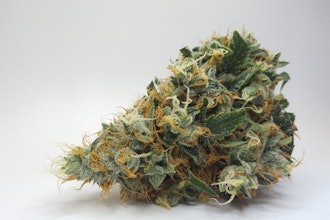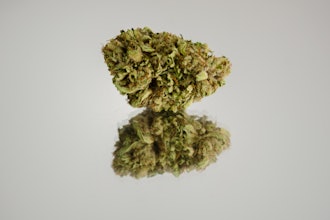
India Globalization Capital said the United States Patent and Trademark Office (USPTO) issued a second patent for the treatment of Alzheimer’s disease entitled “Extreme low dose THC as a therapeutic and prophylactic agent for Alzheimer’s disease.”
The original patent application was initiated by the University of South Florida (USF) and filed on July 30, 2015. On May 25, 2017, IGC entered into an exclusive license agreement with USF with respect to the patent application and the associated research conducted on Alzheimer’s disease. On January 9, 2020, the patent application was modified by the Company. Separately, on July 22, 2021, IGC announced the grant of the first patent (11,065,225) for some of that research and work. This new patent is for a continuation of that work.
The company’s subsidiary, IGC Pharma, used some of the research to develop an oral formulation, IGC-AD1. Based on the USF research on Alzheimer’s cell lines, subject to further testing and clinical trials, testing indicates that on a dose dependent manner, the active agents in IGC-AD1 may ameliorate Aß plaque and decrease ptau, a phosphorylated protein responsible for tangles in neurons. Plaques and tangles are key hallmarks of Alzheimer’s disease. Further, testing in an Alzheimer’s mouse model showed that it improved memory as demonstrated in a Morris Water Maze test.
Based on these results, the company initiated a Phase 1 study on safety and tolerability and in that study discovered that IGC-AD1 at specific dosing regimens had the potential to modify agitation and other neuropsychiatric symptoms in patients with Alzheimer’s dementia. Encouraged by this, our short term focus shifted to further testing IGC-AD1 as a therapeutic for treating neuropsychiatric symptoms in Alzheimer’s, more specifically agitation. The Company recently filed a Phase 2 protocol with the U.S. Food and Drug Administration (FDA) for further clinical testing of the efficacy of IGC-AD1 on agitation in mild to severe Alzheimer’s.
Currently, there are no FDA approved pharmacological treatments for agitation in dementia from Alzheimer’s and about 70% of Alzheimer’s patients suffer from agitation/aggressiveness. The Company is hopeful that, subject to further trials and FDA approval, IGC-AD1 can provide relief for some of the over 55 million Alzheimer’s patients worldwide.


